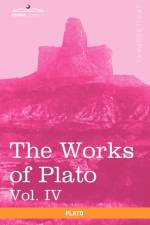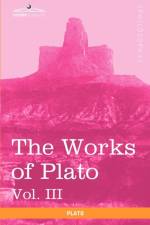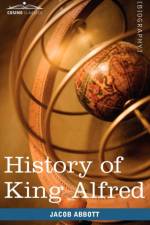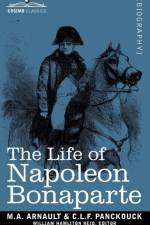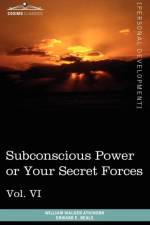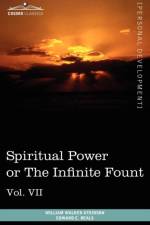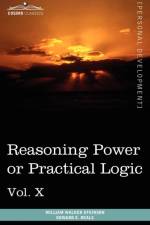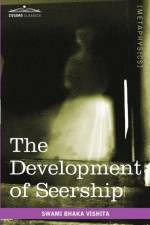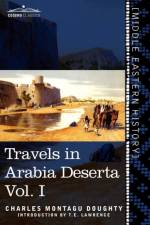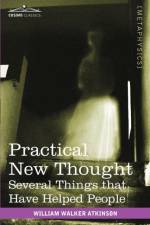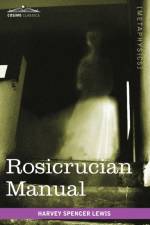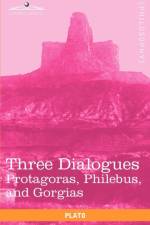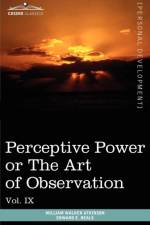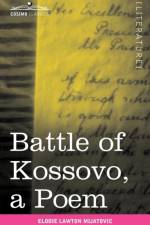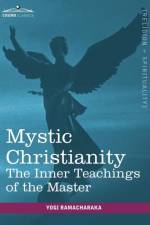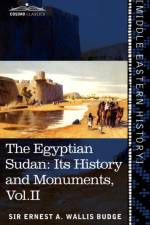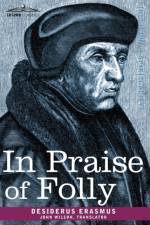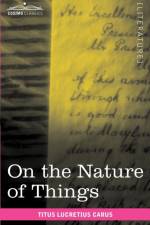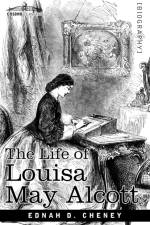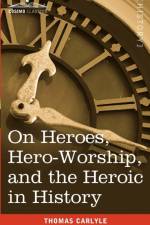av Charles Montagu Doughty
529,-
Travels in Arabia Deserta, originally published in 1888, is a two-volume set which describes English poet Charles Doughty's extensive travels through the Arabian deserts and the discoveries he made there. The work became well-regarded for its beautiful prose as well as its extensiveness, which made it a benchmark of ambitious travel writing in the early 20th century. Written in the style of the King James Bible, the text is extravagant and creative. In the 1920's, it was discovered by British Army Officer T.E. Lawrence, who spurred the book's republication, this time with an introduction from Lawrence. The book has been in and out of print since then, but the Cosimo edition is a rare 1921 reprint, and includes the Lawrence introduction.Volume I includes T.E. Lawrence's Introduction, as well as accounts of Doughty's treks to Mecca, Ammon and Moab, the Mountain of Edom, Arabia, the Passage of the Harra, Teyma, and more. He also describes nomad life in the desert and ancient stories, peoples, and myths connected with his travels.CHARLES MONTAGU DOUGHTY (1843-1926) was an English poet and writer born in Theberton Hall, Saxmundham, Suffolk. He attended King's College London and graduated from Gonville and Caius College, Cambridge in 1864. Among this author's works are an epic poem in six volumes titled The Dawn in Britain, published in 1906, and his well-known Travels in Arabia Deserta, for which he received much praise.

